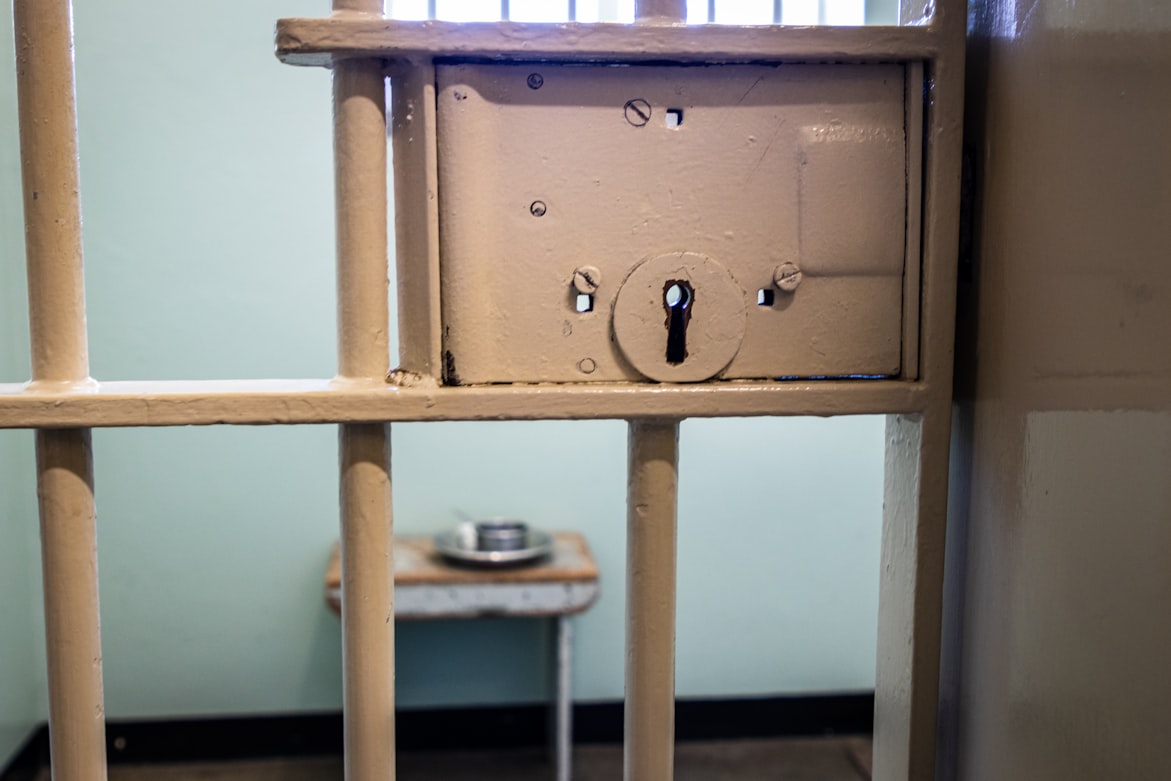No matter the classification, all murder charges in Los Angeles are felonies. Other variables can increase the penalty for each murder charge and the regular ones. In short, penalties highly depend on the severity of the homicide charges.
That said, let's look at what our prescreened Criminal law attorneys in Los Angeles have to say based on their experiences:
Possible Legal Consequences Of Murder Charges In California
Criminal law charges aren't blanket cases. Instead, each case occurs in specific circumstances and will affect how they're penalized under California law.
Let's look at how that works, how each is defined, and how guilty parties might be punished in California:
First-Degree Murder In California
According to California Penal Code 190, first-degree murder carries a life sentence in prison. Based on California homicide laws:
- Anyone found guilty of first-degree murder faces the death penalty, a life sentence in state prison without the chance of parole, or a sentence ranging from 25 years to life in prison.
- A jail term of 25 years to life allows for the option of parole once 25 years of the sentence is fulfilled. In contrast, life without the possibility of parole means there is no opportunity for early release.
These are the minimum punishments for first-degree murder convictions. However, there are two situations when the sentences may be worse. The first is a death penalty murder conviction. The second is when first-degree murder involves a hate crime.
That said, it's best to consult a California criminal law attorney for more detailed advice on your unique case.
Capital Murder In California
In California, capital murder imposes the harshest punishments of any crime. Therefore, following a verdict of capital murder, the following punishments are the only options:
- Death via gas or fatal injection
- Without the prospect of parole, life in prison
Hate Crimes In California
Members of certain protected classes have extensive legal rights under California law. These classes consist of:
- Disability
- Sex
- Gender
- Nationality
- Ethnicity or race
- Religion
The prosecution must establish that the defendant killed the victim and was motivated partly because the victim fit one of the categories above for the murder case to be upgraded to a hate crime.
The required sentence for first-degree murder convictions with a hate crime enhancement is life in prison without the possibility of parole. This differs from a typical first-degree murder conviction in that a sentence of 25 years to life is not an option.
Second Degree Murder Charges In California
Second-degree murder convictions in California are punishable by 15 years to life in state prison. There are a few ways, though, to increase that punishment, including:
- A murder offender faces a mandatory life sentence without the possibility of release.
- A defendant found guilty of killing someone in a drive-by shooting will receive a 20-year sentence.
- The punishment is increased to 25 years to life if the victim is a peace officer, and
- The penalty is increased to life in prison without the chance of parole if the victim was a peace officer who was slain with a deadly weapon on purpose by the offender.
Get A Referral To The Best Criminal Defense Attorney In California
1000Attorneys is a certified lawyer referral service in California. We can link you up with a trusted, discipline-free, and highly-skilled Criminal Defense Lawyer in Los Angeles who is the best fit to handle your unique cases.
Contact us now through our inquiry form or our 24/7 live chat feature. We can connect you with a lawyer in minutes!






0 Comments